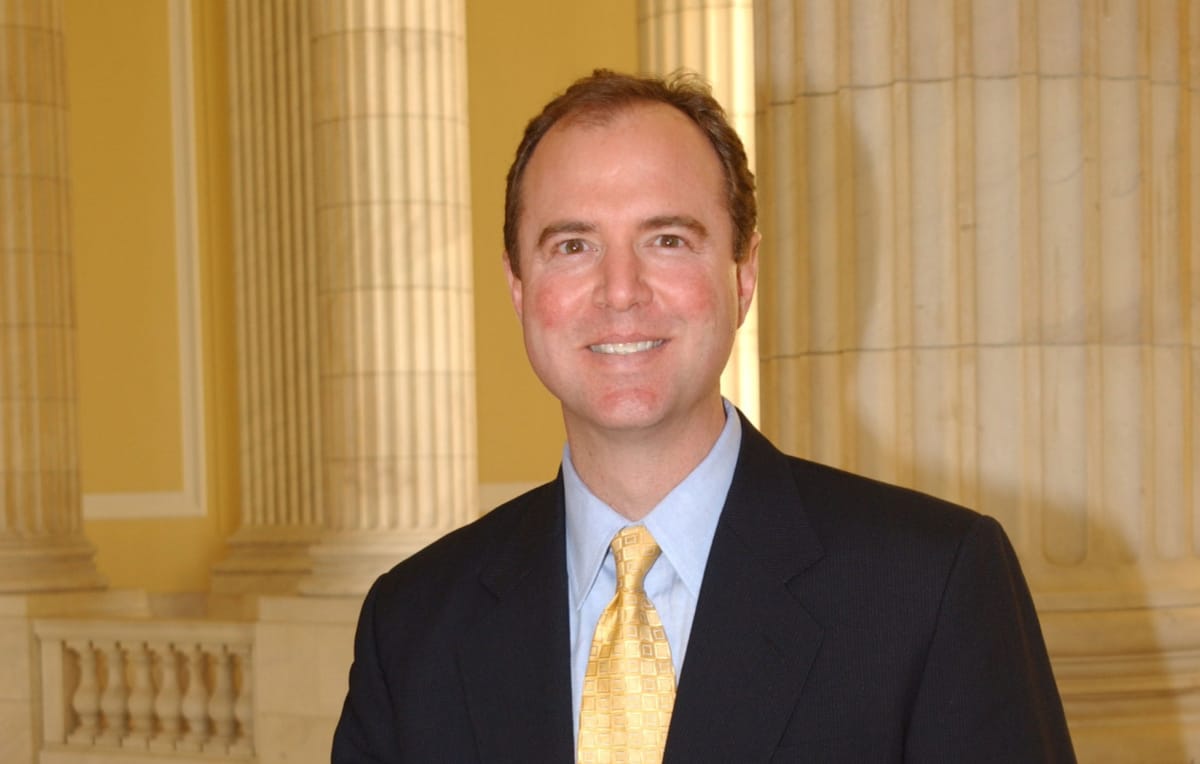Electric Coop Broadband Partnerships, Deepfake Enforcement, Problems with Hipster Antitrust
A recent report from the CoBank Knowledge Exchange detailed new insights into successful broadband partnerships. The report, written by economists Jeff Johnston and Tom Binet, found that partnerships between Rural Local Exchange Carriers and Electric Distribution Cooperatives are uncommon, but can b
Em McPhie

A recent report from the CoBank Knowledge Exchange detailed new insights into successful broadband partnerships. The report, written by economists Jeff Johnston and Tom Binet, found that partnerships between Rural Local Exchange Carriers and Electric Distribution Cooperatives are uncommon, but can be mutually beneficially when done correctly.
Johnston and Binet also found that successful partnerships capitalize on each party’s unique strengths and facilitate that through communication and flexibility at every level. Once a business model has been agreed upon, each party’s responsibilities concerning shared customers and infrastructure must be clearly defined.
Rural carriers and electric coops should think beyond short-term profits and work with local communities to maximize broadband’s economic development benefits, creating long-term value and growth.
“Throughout this process, the well-being and satisfaction of the customers should be paramount,” the report concluded. “This will require regular engagement between the RLEC, ED, and their local schools, employers, economic development professionals, and other community stakeholders.”
House Intelligence Committee probes issues of ‘deepfakes’
On Wednesday, three major tech platforms responded to a request from House Intelligence Chairman Adam Schiff, D-Calif., to explain the measures they are taking to deal with the threat of “deepfakes,” or realistic AI-manipulated videos, in preparation for the upcoming election cycle.
“Deepfakes and other forms of manipulated media are governed by the same policies and procedures outlined above for misinformation: we remove content that violates our Community Standards and reduce the distribution of false or misleading content on our platforms,” wrote Facebook Vice President Kevin Martin, the former chairman of the Federal Communications Commission.
Martin added that the company is currently considering whether deepfakes are different from other false content and is talking to more than 50 global experts with a variety of backgrounds to inform the policy development process.
Twitter and Google also replied to Schiff’s request by outlining their existing policies against disinformation.
‘Hipster antitrust’ would return U.S. antitrust enforcement to the ideas of Justice Louis Brandeis
Proponents of “hipster antitrust”—the movement to return US antitrust to be modeled after the ideas of Louis Brandeis—lack an understanding of business and economic realities, the American Enterprise Institute wrote on Tuesday, highlighting three of Brandeis’ problematic beliefs.
Brandeis believed that no business could become large without turning to nefarious means such as buying rivals or colluding with them to drop prices to drive out competitors and then raising prices. However, he failed to explain why new competition would not enter the market once prices rose.
Brandeis also believed that businesses should not compete on prices, arguing that price competition hurt small company profits and that comparison shopping was a waste of time. He supported the exemption of small businesses from antitrust so that they could collude on prices.
The third issue noted by AEI was Brandeis’ belief that business exists to benefit business owners, not customers. He supported regulatory restrictions based on the premise that customers are unable to act in their own interests.
(Photo of House Intelligence Committee Chairman Adam Schiff.)









Member discussion